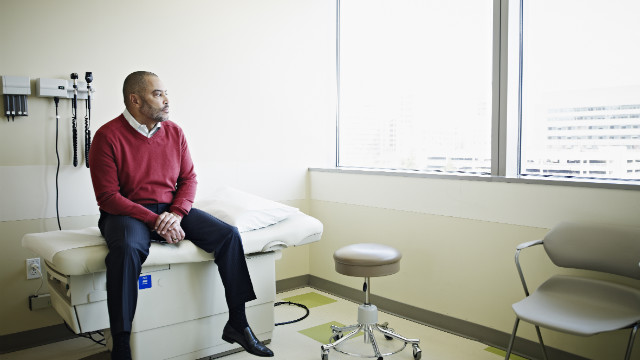I take my 10-year-old son to school as many school days as possible. We recap events from the prior day, and I give him early morning pep talks. It is a rarity, however, that I pick him up from school. During one of those rare occasions, he got into the car, smiling as he handed me a project he completed in class. It was an assignment in which he was asked to introduce his hero to his classmates. To my delight and surprise, he chose me as his hero. He explained that he looked up to me, in part, because I am a doctor.
This moment affirmed my belief that being a doctor compliments my role as a father. Being a doctor makes me a better father. Equally, being a father makes me a better doctor. While I’ve had a decade to establish a healthy relationship with my son, in clinic, I must establish a doctor-patient relationship in a relatively short amount of time. Many patients come into the clinical encounter with problems they would not share with their closest confidante. During these candid conversations, they trust I will listen and not only have solutions for their complaints but remain objective and unbiased in the process. I incorporate these same skills while instructing and nurturing my children.
One such opportunity arose after a recent track meet when my son came in 7th place during the 100-m dash run. I could see his disappointment in his performance. I could also see the embarrassment he felt. After listening to him share his feelings of being intimidated by his competition, we problem-solved and discussed ways to improve his performance for the next race. Our solutions included spending additional time after practice working on his technique. His effort paid off; he had a faster time and came in 2nd place during the following track meet. Years of listening, searching for, and offering methodical solutions to my patients subsequently have improved my problem solving as a father.
Just like my patients, my son does not follow all of my instructions. He has challenges getting homework done in a timely fashion and most definitely has challenges keeping his room clean. Guiding him through life’s challenges has taught me how to remain cool and level headed even when I am feeling anything but. Techniques that work in parenting translate to my professional responsibilities. For example, I rely on the ability to speak clearly in language the patient can understand to facilitate conversations about the medical and surgical management of various disease processes. Keeping cool and level headed in a wide range of clinical situations ranging from treating a noncompliant patient to proficiently and dexterously completing a tough surgical procedure is a necessity in my profession. Being a father of an energetic and active son has definitely equipped me for comparably challenging situations that require the same quiet resolve in my surgical practice.


